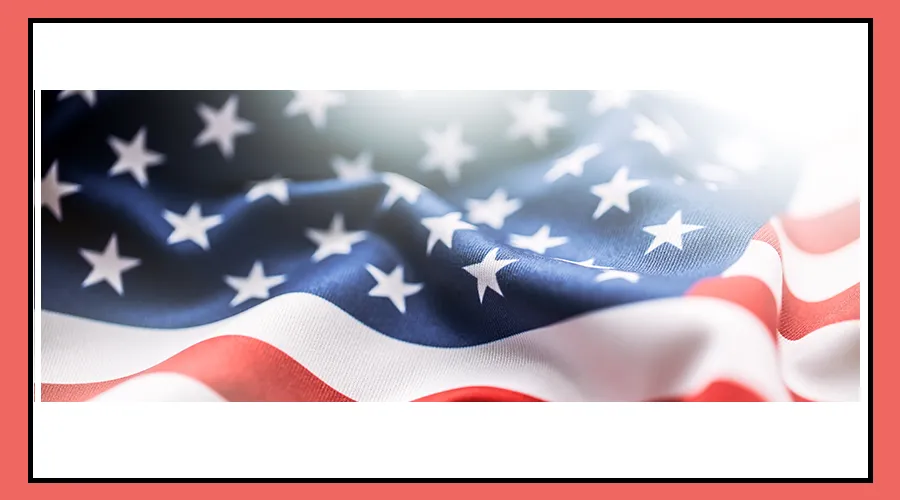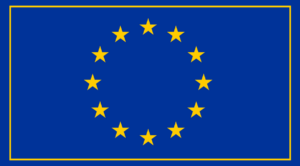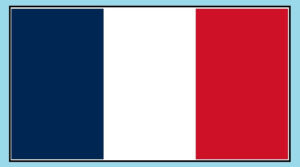US President Donald Trump has announced a new directive that limits the number of international students at some of the country’s top universities.
This move is part of a broader effort to reshape higher education in the United States.
The policy aims to regulate academic admissions and funding, and it is expected to have a major impact on colleges nationwide.
Universities Targeted
According to the Wall Street Journal, the policy specifically affects nine major US universities. Under the new rules:
No more than 15% of undergraduate students at these universities can be enrolled under the Student Visa Exchange Program.
Students from a single country cannot make up more than 5% of the total undergraduate population.
Universities on the List
The nine universities affected are:
Massachusetts Institute of Technology (MIT)
University of Pennsylvania
University of Arizona
Brown University
Dartmouth College
University of Southern California
University of Texas
University of Virginia
Vanderbilt University
Officials said these schools were chosen because their leadership was open to engaging with the initiative, although the White House has not publicly explained why only these nine were selected.
New Rules for Universities
This policy is part of a ten-point plan called the “Compact for Academic Excellence in Higher Education.” Besides capping international student numbers, it includes major changes to admissions, financial aid, and transparency.
Key directives for universities include:
Admission and hiring decisions must be made without considering race or gender.
Universities must publish enrollment data by race, gender, and national origin.
All prospective students, including international applicants, must take standardized tests such as the SAT.
Tuition fees will be frozen for five years, and administrative expenses should be reduced.
Universities must publish graduate earnings data by program.

























